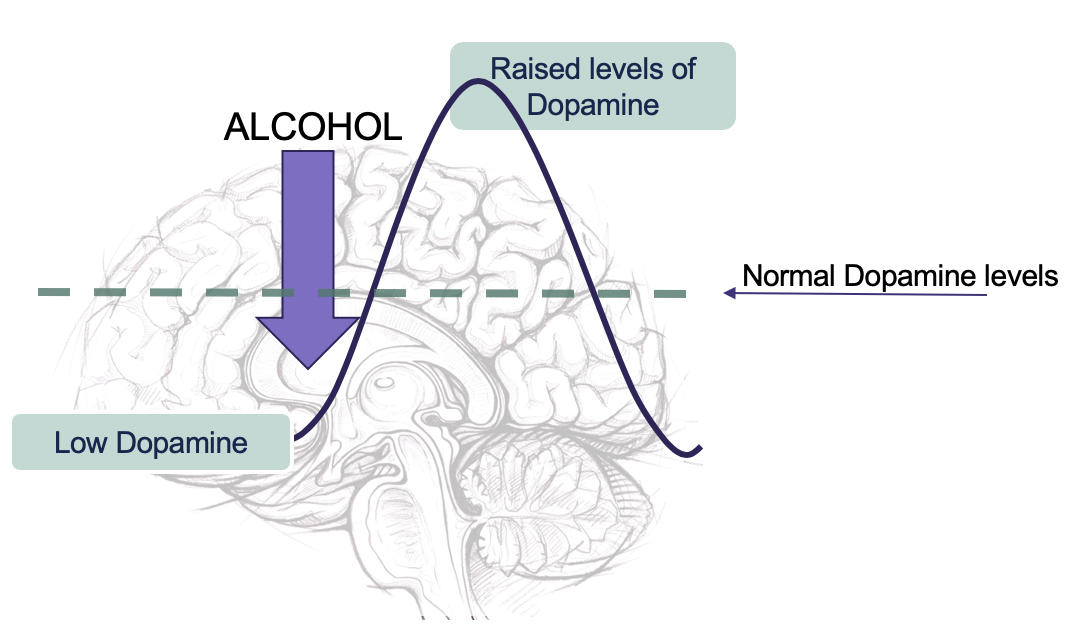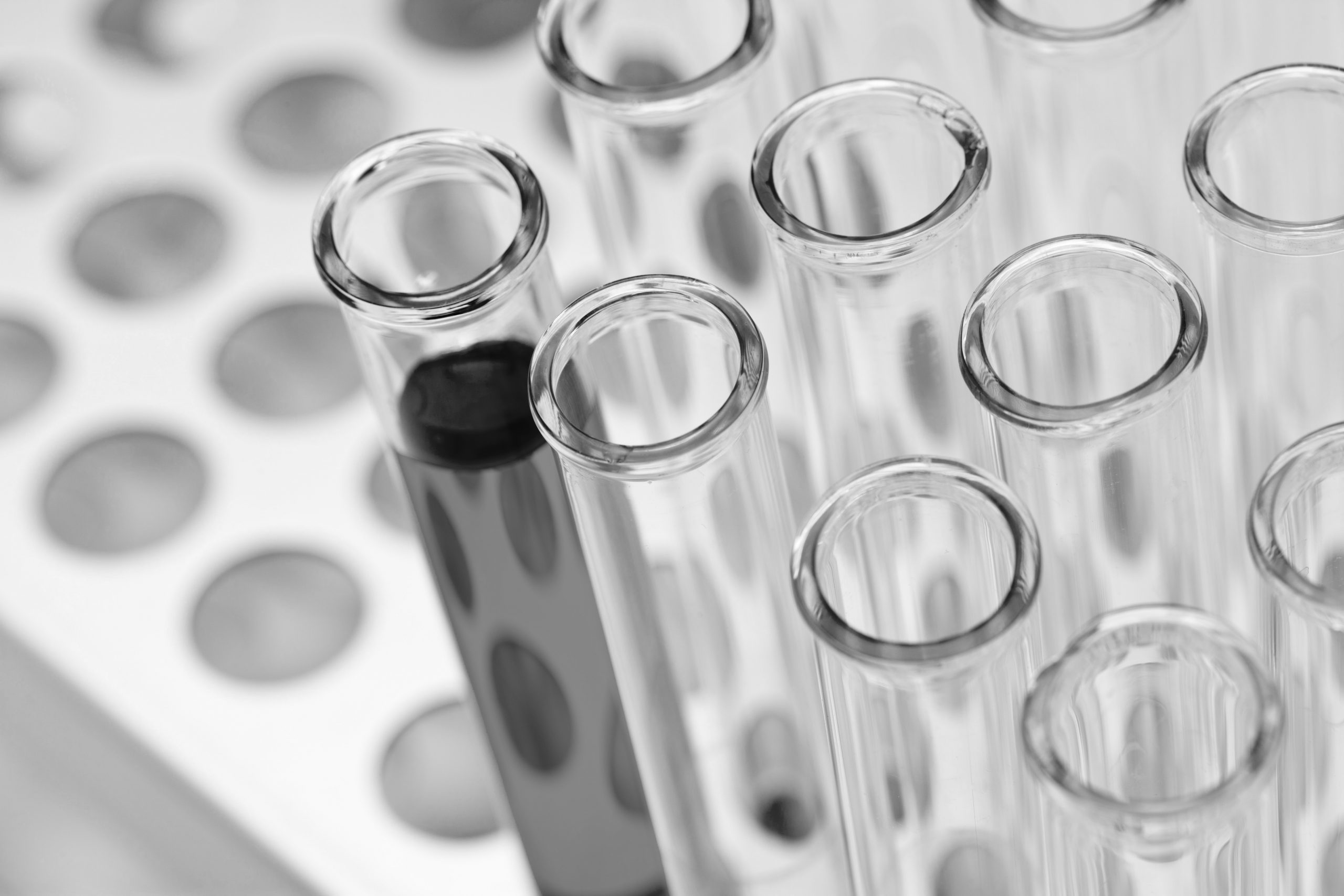A clinical phase II randomized, double-blind, placebo-controlled trial was finalized during summer 2023, examining the effects of the combination therapy in 380 patients with moderate to severe Alcohol Use Disorder. The study was a multicenter study in Sweden. The study reports heavy drinking days as outcome measurement as well as an objective alcohol blood marker for alcohol intake; Phosphatidylethanol (PEth) is uniquely specific to alcohol and measures intake over the last two weeks, which enables a close monitoring of alcohol intake both in research and clinical setting.
The study showed a statistically significant reduction in alcohol consumption in the patient population based on the outcome of both the primary variables: the objective alcohol biomarker phosphatidylethanol (B-PEth) and self-reported heavy drinking days.
The results have been presented at ECPN congress in Barcelona 2023, SAD meeting in Malmö 2023, and APA meeting in New York, USA, 2024.



